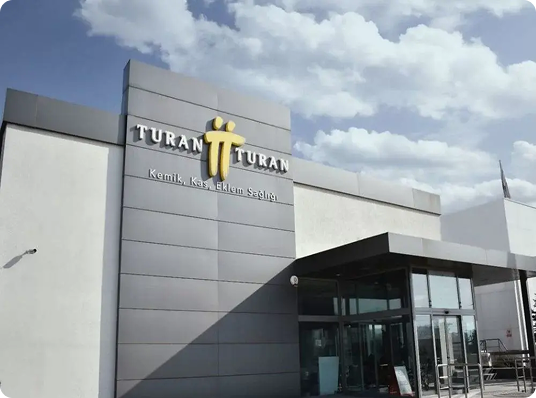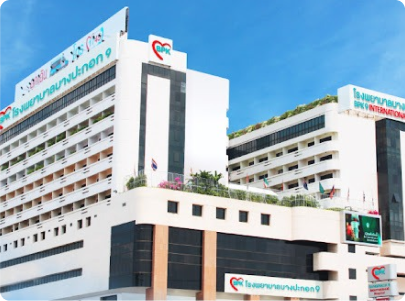Cardiac Ablation Treatment
As a specialized medical solution, Cardiac Ablation Treatment combines technological innovation, clinical expertise, and patient-centered strategies to optimize recovery, minimize complications, and ensure better overall healthcare experiences.
Get Expert Consultation
Speak with our medical travel experts to get personalized guidance for your procedure
✓ No commitment required • ✓ Expert guidance • ✓ Free consultation

Book Your Free Medical Consultation
Get expert advice—free and easy. Just fill out the form to start your health journey!
Key-Insights for
Cardiac Ablation Treatment
Procedure Time
Typically takes around 2-3 hours to complete
Recovery Period
Most people can return to their normal routine within a few days
Expected Results
Restores a normal heartbeat, reducing symptoms and risk of complications
Ideal Candidates
Those with atrial fibrillation, supraventricular tachycardia, or other abnormal heart rhythms
Cardiac Ablation Treatment
As a specialized medical solution, Cardiac Ablation Treatment combines technological innovation, clinical expertise, and patient-centered strategies to optimize recovery, minimize complications, and ensure better overall healthcare experiences.

People seek these procedures for various reasons:
Aesthetic Enhancement
To manage symptoms like palpitations, shortness of breath, or fatigue
Corrective Purposes
To reduce your risk of stroke, heart failure, or other serious complications
Functional Restoration
To improve your overall quality of life by alleviating anxiety and depression related to abnormal heart rhythms
Things to Check Before Treatment
- •Discuss your medical history with your doctor, including any heart conditions or medications you're taking.
- •Inform your doctor about any allergies or sensitivities to anesthesia or medications.
- •Get a complete blood count and other relevant lab tests to ensure you're healthy enough for the procedure.
- •Make sure your insurance covers cardiac ablation treatment and understand any out-of-pocket costs.
- •Plan for someone to accompany you during and after the procedure, as you may need assistance with daily activities.
Potential Risks
- •Infection at the incision site or catheter entry point
- •Damage to surrounding tissues or organs, such as the esophagus or lung
- •Reaction to anesthesia or medications
- •Arrhythmias or abnormal heart rhythms during or after the procedure
- •Temporary or permanent damage to the heart's electrical system
How to Choose the Right Country, Clinic, and Surgeon
Do's
Verify surgeon credentials (e.g. ISAPS, JPRAS)
Ask for before-after photos
Check language barriers
Review aftercare and follow-up options
Consider local laws on medical malpractice
Don'ts
Don't Choose a Clinic Based Only on Price
Don't Rely Solely on Social Media or Influencers
Don't Ignore Language Barriers
Don't Rush Into Surgery Without Research
Don't Assume You Can Fly Back Immediately
CureMeAbroad Services Are Absolutely Free.
You pay same rates for treatments as in the hospital's original price list.
CureMeAbroad Services Are Absolutely Free.
You pay same rates for treatments as in the hospital's original price list.


Book Your Free Medical Consultation
Get expert advice—free and easy. Just fill out the form to start your health journey!
Cardiac Ablation Treatment
Frequently Asked Questions
This procedure involves specific medical techniques tailored to address particular health conditions. Your doctor will explain the detailed process based on your case.

Help Me Plan My Treatment Abroad
End to End Treatment Planning Specifically curated as per your need. Just a Call away


Help Me Plan My Treatment Abroad
End to End Treatment Planning Specifically curated as per your need. Just a Call away


Book Your Free Medical Consultation
Get expert advice—free and easy. Just fill out the form to start your health journey!



